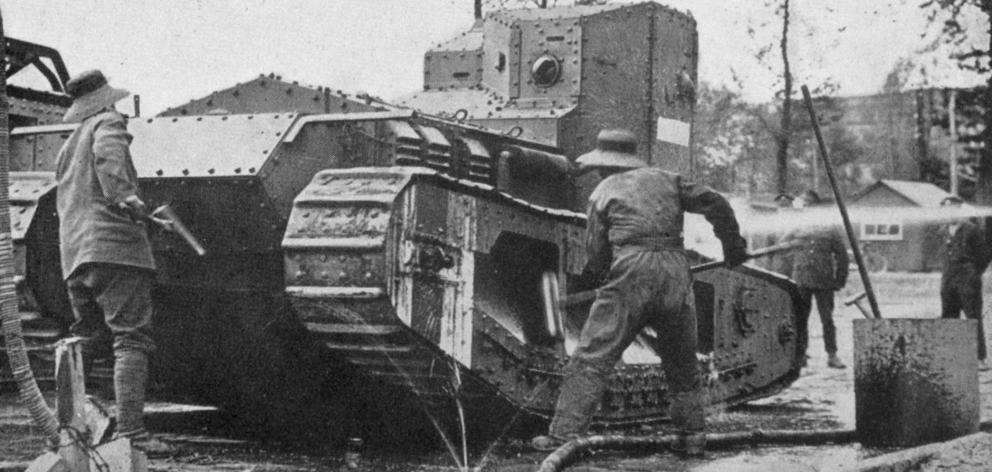
When first mooted the project was received with enthusiasm by the members of the farming community, and early on Monday morning last residents of Middlemarch township (our correspondent writes) might have beheld the unusual spectacle of a procession of teams and ploughs passing through the streets en route for the newly-formed farms. Teams came from all parts of the district, and the muster showed a total of 24 four-horse teams, in addition to those of the owners. The farms lie in two blocks, separated by perhaps a mile, and so the force duly divided, one relay of 10 teams going to Humphrey’s block, and the remaining 14 to M’Hardy’s block. The former area, now subdivided into two farms, has lain untouched by ploughshare for about 30 years, and work was more difficult there than on the other allotments, where the land has been in general cultivation for many years. It is interesting to note the different methods adopted, some turned a deep furrow, some a moderate one, while others opined that little more than skimming answered best in breaking up lea-land.
Waipori dam proposal
The City Corporation desires to construct a dam some distance above the present weir in the Waipori River for the purpose of increasing the water supply available for the electric power house at Waipori. As, however, the flat on which the water is to be dammed back is in a mining area, the Mines Department has to be satisfied that the land is not payably gold-bearing before it will give permission to the corporation to go on with the work. The department has now agreed to lend its Keystone borer to the corporation to test the area, the corporation to bear all the expenses in connection with the boring, and the gear is now on the ground. If the necessary permission is given to proceed with the dam a large expanse of water could be stored, and the damming would act as a silt trap.
Employment for soldiers
The difficulty that is being experienced by a large number of returned soldiers in securing employment was referred to at a meeting of members of the Dunedin Returned Soldiers’ Association held last week, and it was suggested that the time was ripe for the establishment of an employment bureau by the association. The matter was referred to the committee for consideration, and at the meeting of the association last night the following resolution was adopted: "That the Employers’ Association, the Otago Trades and Labour Council, the Expansion League, and the Chamber of Commerce be written to inviting suggestions as to the best method of securing employment of all returned soldiers, and, with that end in view, what means should be adopted to bring into existence new industries, or to encourage the growth of those already in existence."
Marlborough oyster seeding
On Thursday 80 bags of Foveaux Strait oysters were planted at a suitable place off the entrance to the Awatere River, Marlborough, by the Hinemoa. A year ago the first lot of oysters were planted there, and these are reported to have become acclimatised. — ODT, 11.9.1918.
• COPIES OF PICTURE AVAILABLE FROM ODT FRONT OFFICE, LOWER STUART ST, OR WWW.OTAGOIMAGES.CO.NZ












